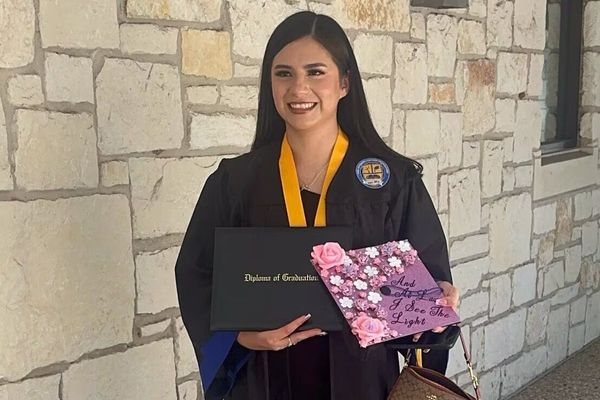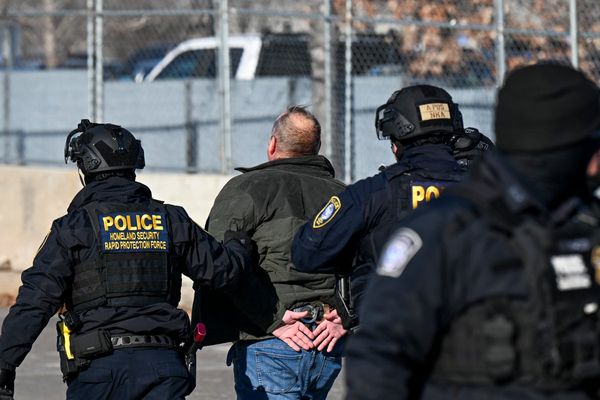A woman who was given just six months to live after being diagnosed with the same cancer as her late husband has defied expectations to meet her first grandchild.
Ann Lally, 70, from Stockport, Greater Manchester, was diagnosed with advanced pancreatic cancer in June 2024, just three months after her husband Mike, who had been given the same diagnosis, died of a heart attack aged 75.
Ann said she and her husband both experienced minimal symptoms, but by the time her cancer was detected, it had spread to her liver and lungs.
Only about 10 per cent of people with a diagnosis like Ann’s, where the cancer has spread to another part of the body, survive for one year or more after they are diagnosed, according to Cancer Research UK.
After undergoing six months of fortnightly chemotherapy at The Christie NHS Foundation Trust, Ann said she was told in February that her tumours had shrunk by 42 per cent, and she is now having regular check-ups without medication or further treatment.
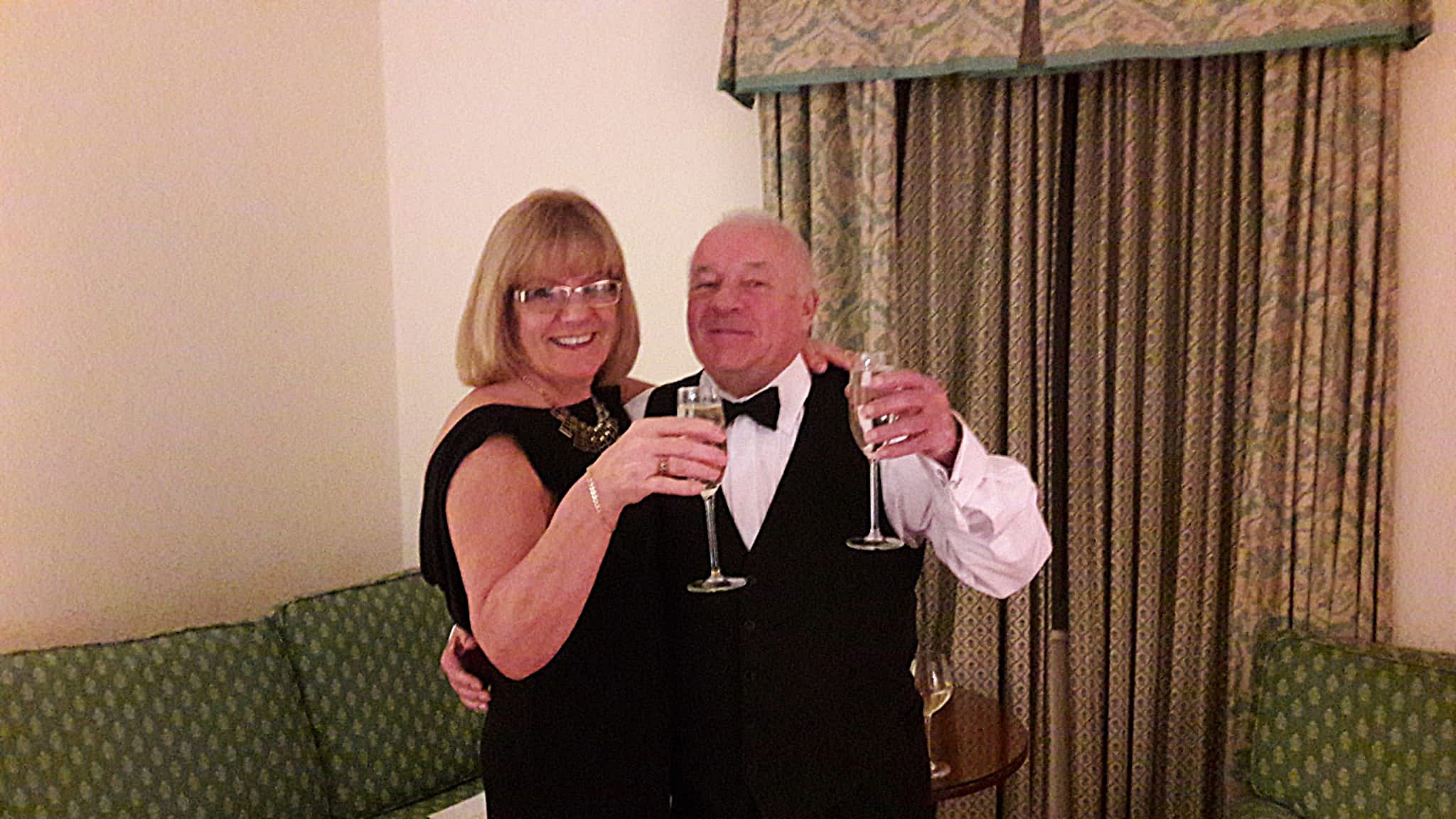
Having welcomed her first grandchild, Arthur, into the family in June, Ann said she feels grateful she has been given “extra time” and she is “treasuring every single second of it”.
Ann said initially she “couldn’t believe” her diagnosis.
“I said to the doctor, ‘My husband had pancreatic cancer. How could a couple be given the same diagnosis? Were we doing something wrong?’
“I know that’s silly now, but it was just unbelievable.”
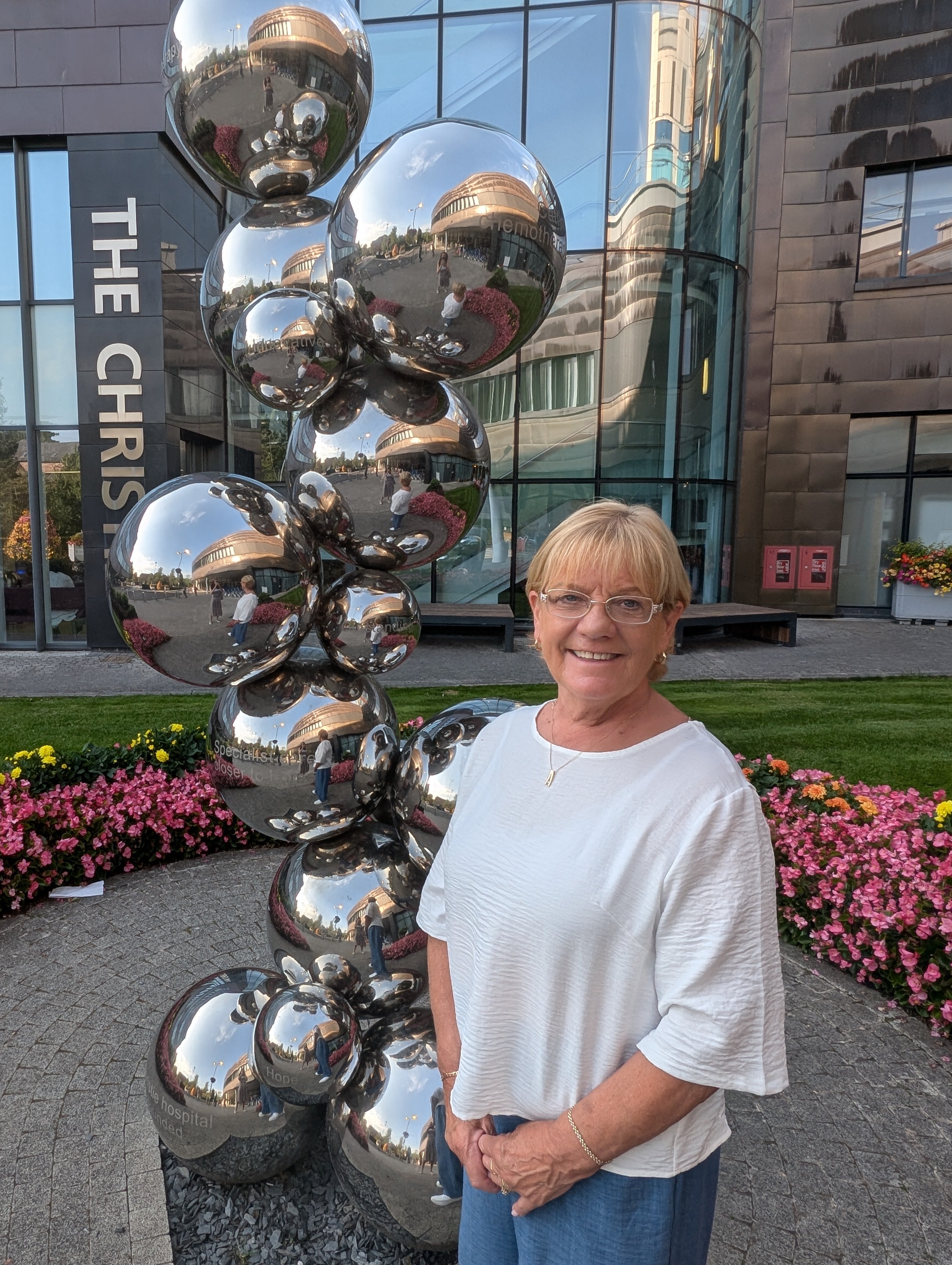
She added: “The staff at The Christie are just wonderful and they didn’t give up on me, even though I was told I had six to 12 months to live.
“They took a chance on me and the treatments worked, I’m not poorly, and I’m determined to carry on what I’m doing.”
Pancreatic cancer does not usually cause symptoms in the early stages and is often diagnosed at an advanced stage.
Dr Richard Hubner, Ann’s consultant at The Christie, said: “As with all cancers, being diagnosed as early as possible is always best.
“Symptoms of pancreatic cancer include jaundice, indigestion, unexplained weight loss and a change to your bowel habits.”
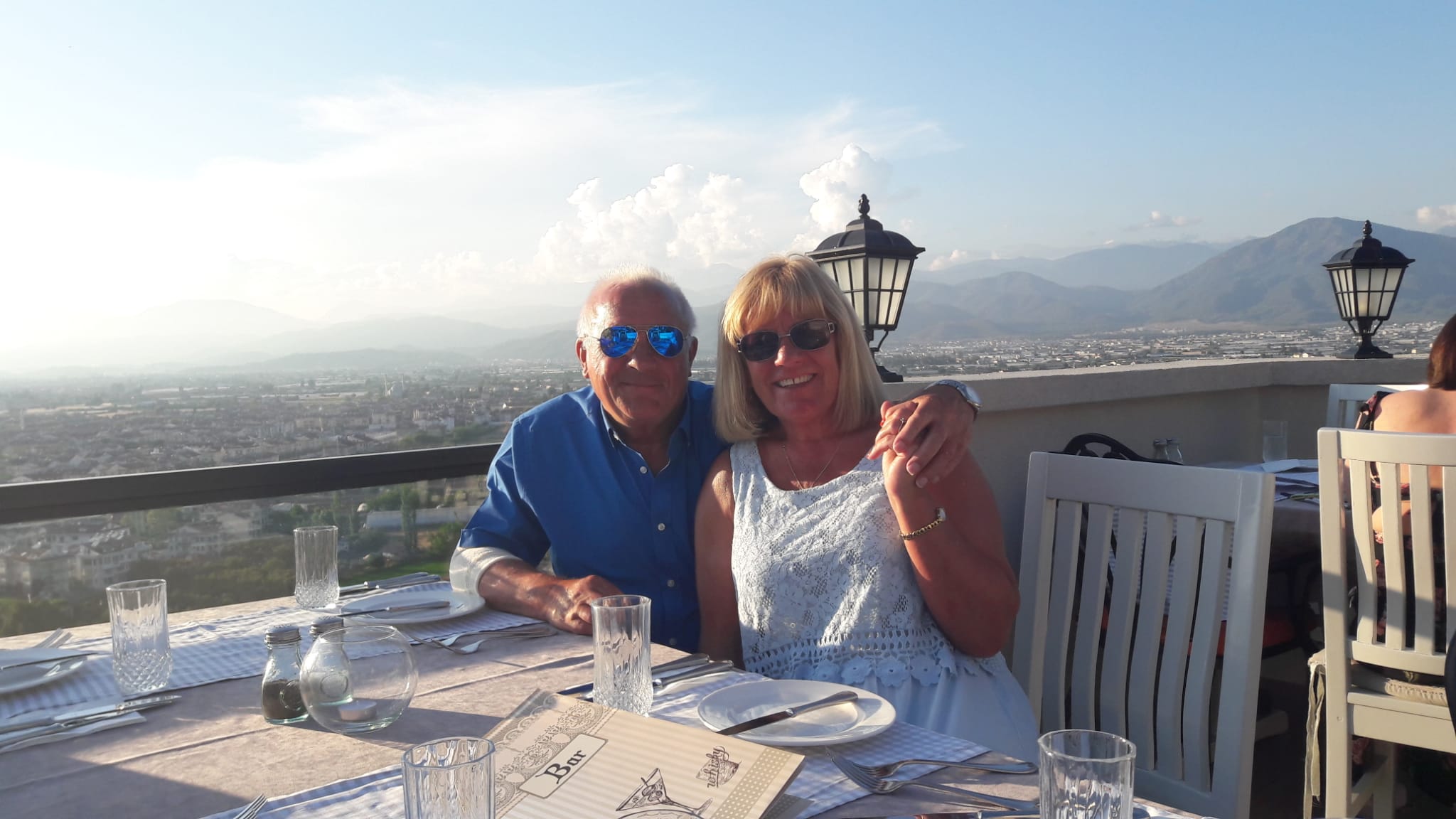
Ann said that her husband Mike, a keen golfer who was “cheeky, playful and loyal”, was admitted to hospital on August 16, 2023, with jaundice, and at the time, she jokingly called him Homer Simpson.
On September 7, however, she said Mike was diagnosed with advanced pancreatic cancer and given three to six months to live.
Because he had chronic obstructive pulmonary disease, the name for a group of lung conditions which cause breathing difficulties, Ann said Mike could not have any treatment.
“He couldn’t have treatment because they needed to put the camera down his throat to see how far the cancer had spread but, because of his breathing, they couldn’t do that,” Ann explained.
“So I think the pancreatic cancer was just put to one side because there was nothing they could do.”
After making adjustments at home, including adding a stairlift and hospital bed downstairs, Ann said her husband died on March 8, 2024.
Ann had been married to Mike for nearly 50 years, and they have two children – Becky, 40, and Michael, 39 – and she said he was a “wonderful man”.
While navigating her grief, Ann took a solo trip to Italy, and while she was there, she said she had an upset stomach.
Ann believed it might just be related to a change of diet on holiday, but after noticing she was bruising easily, she booked an appointment with her GP when she returned home on May 27, 2024.
Just days later, on June 2, after having blood taken and other tests, she was told she had advanced pancreatic cancer, it had spread to her liver and lungs, and she had six to 12 months to live.
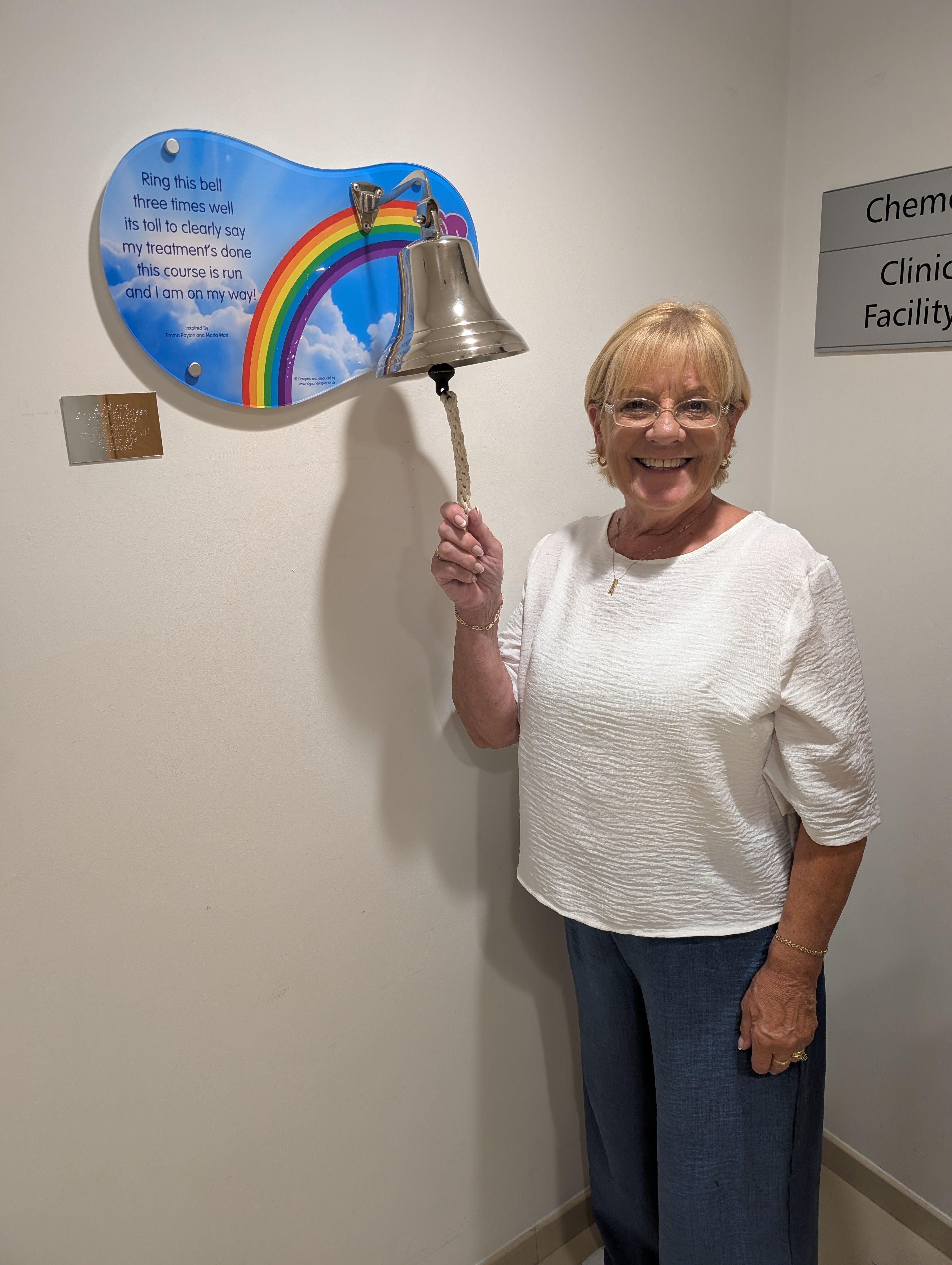
“I didn’t have any symptoms other than a tummy ache, so to be told that I not only had cancer, but the same type as my husband, was both shocking and devastating,” she said.
“My kids came with me to my first appointment, where they heard that I might only have six months to live.
“They’d just lost their dad, and now they were faced with losing me as well, it was almost unbearable.”
On August 5, Ann started six months of fortnightly chemotherapy at The Christie in Manchester, the largest single-site cancer centre in Europe.
She experienced side effects of nausea and fatigue, but since she had a port implanted into her chest, she said she could take away a “bottle of chemo” and continue the treatment at home and elsewhere.
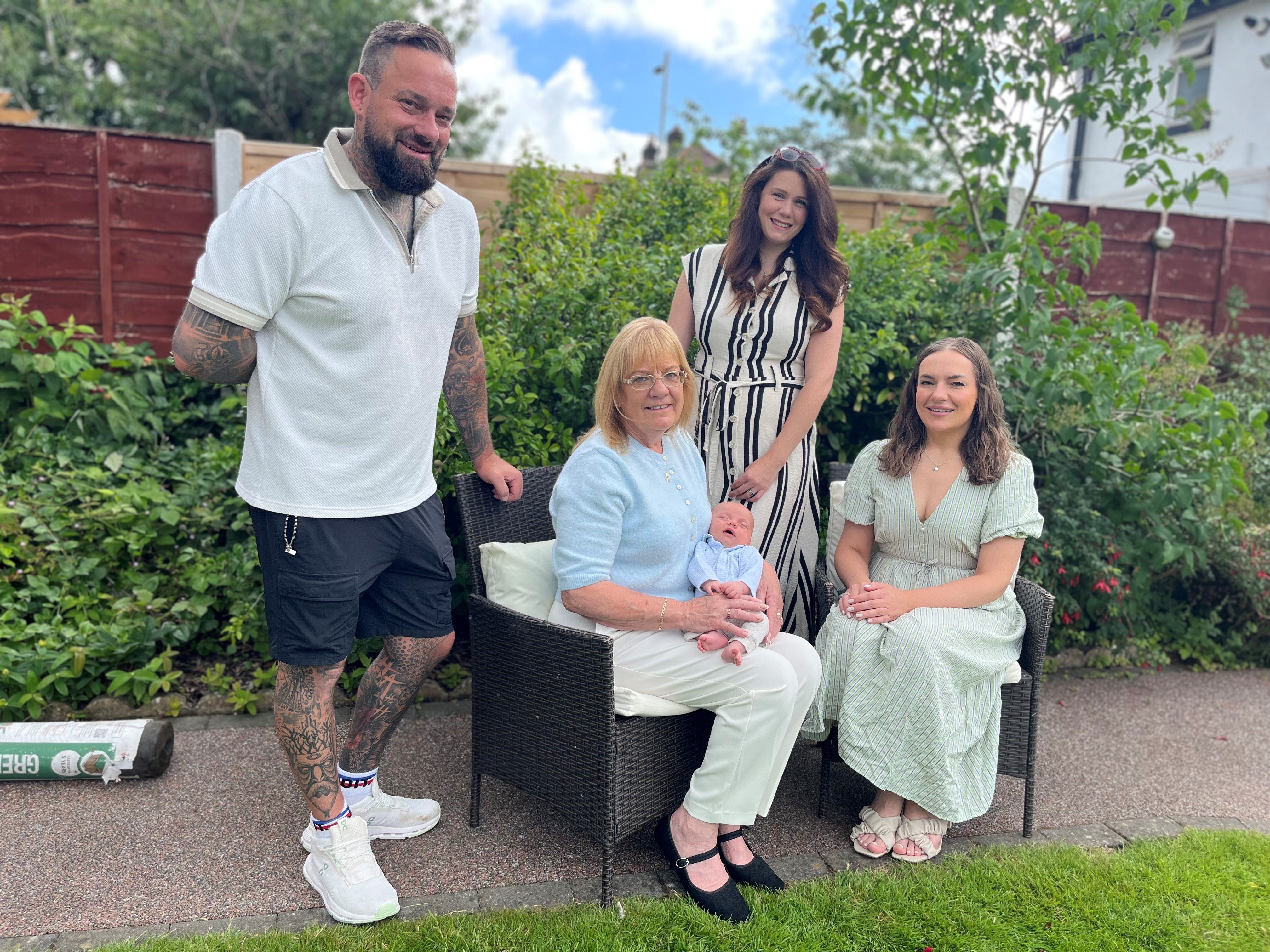
“It’s amazing because I could still carry on at home and go shopping and for walks,” she said.
During this time, Ann received the news that her son and his wife Lauryn, were expecting their first child, and she said this made her even more “determined” to stay strong.
She said: “I was over the moon. To get the diagnosis, and then to be told I was going to be a grandmother, or nana, that just made me more determined to fight it.”
Main symptoms of pancreatic cancer
NHS
Pancreatic cancer may not have any symptoms, or they might be hard to spot.
Symptoms of pancreatic cancer can include:
- the whites of your eyes or your skin turn yellow (jaundice), and you may also have itchy skin, darker pee and paler poo than usual
- loss of appetite or losing weight without trying to
- feeling tired or having no energy
- a high temperature, or feeling hot or shivery
Other symptoms can affect your digestion, such as:
- feeling or being sick
- diarrhoea or constipation, or other changes in your poo
- pain at the top part of your tummy and your back, which may feel worse when you're eating or lying down and better when you lean forward
- symptoms of indigestion, such as feeling bloated
After finishing her chemotherapy on February 3 this year, Ann said she was told her tumours had decreased by 42 per cent and she was going to be put under surveillance.
She said she is not taking any medication currently, and her latest scans have shown the cancer is stable and her tumours have not grown.
She is now going for three-monthly check-ups at The Christie and described her progress as “remarkable”, adding: “I’ve gone past the expiry date.”
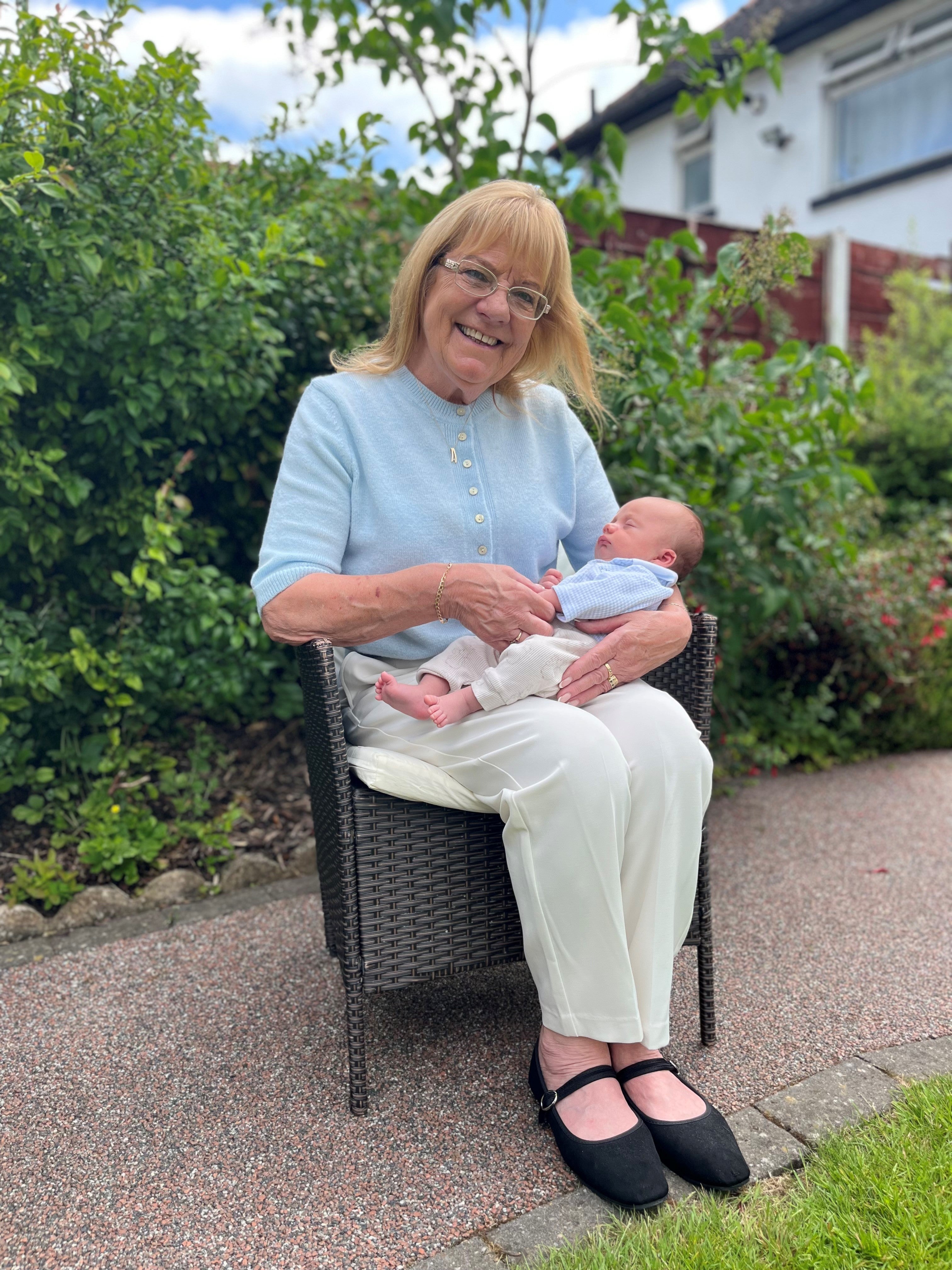
Since her treatment finished, Ann has had parties, gone on several holidays abroad and met her “gorgeous” grandson, Arthur, who was born in June.
She said having cancer has “not stopped (her) doing anything” and it has made her realise how “strong” she is.
She wants to raise more awareness of pancreatic cancer and the “amazing” treatment at The Christie, and to encourage people not to be afraid to ask for help.
“The prognosis you are given doesn’t mean it’s the end,” Ann said.
“I just live life to the full, I accept every invitation and I have so much to look forward to. I feel very lucky.”
5 new podcasts to listen to this week
Researchers find programme that could improve IVF outcomes
Do chlorophyll and collagen really work? Here’s what the evidence says
The 6 signs of pancreatic cancer to never ignore
8 ways to help teenagers make the most of university life
Health warning issued on mosquito bites abroad amid rise in chikungunya cases

